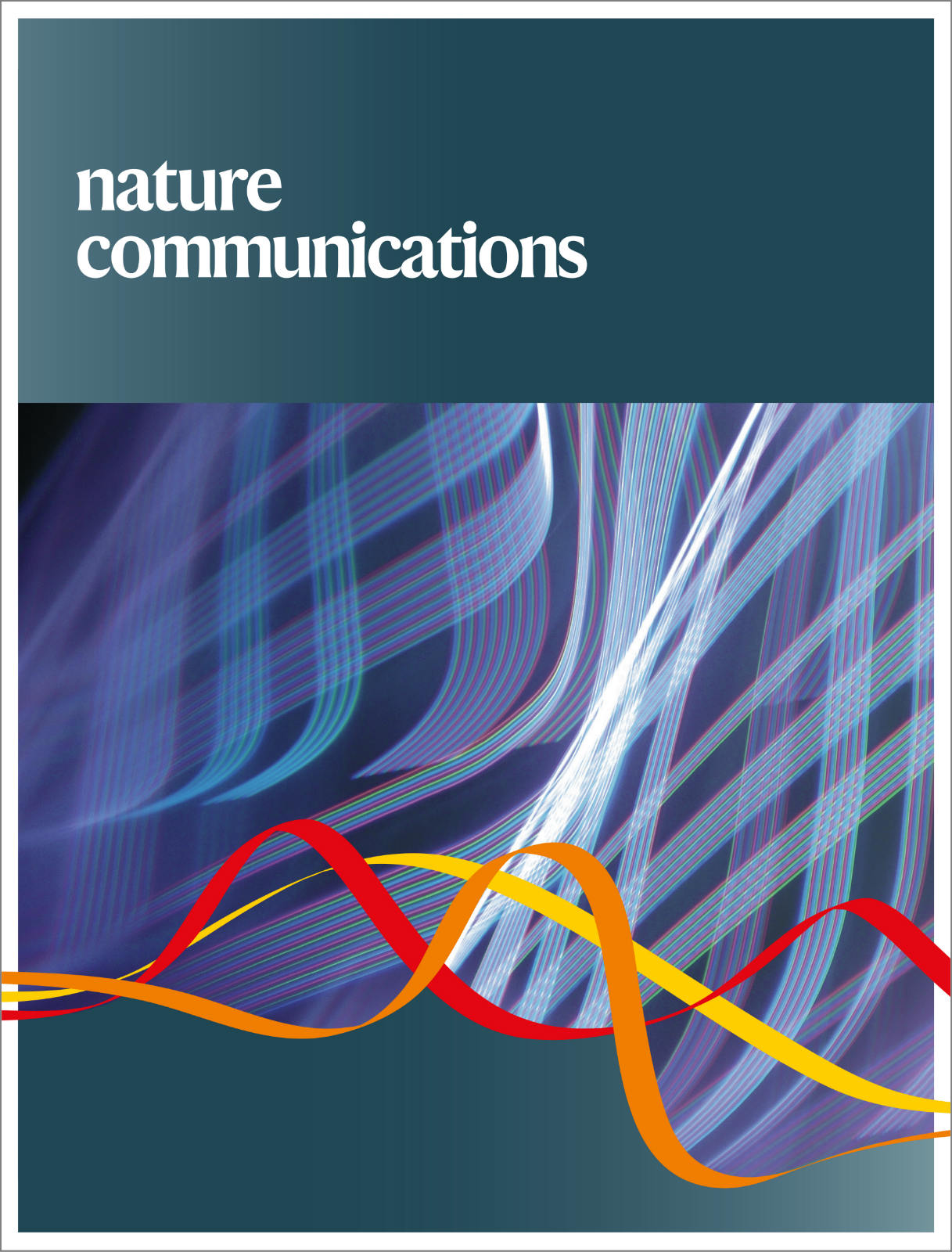Red palm olein biscuit supplementation modulates gut microbiota in vitamin A deficient rural Malaysian schoolchildren: a randomised controlled trial.
IF 15.7
1区 综合性期刊
Q1 MULTIDISCIPLINARY SCIENCES
引用次数: 0
Abstract
Emerging evidence suggests a bidirectional relationship between vitamin A deficiency (VAD) and gut microbiota, with implications to host health. This double-blind randomised controlled trial (NCT03256123) aims to investigate the effects of 6-month red palm olein (RPO)-enriched biscuit supplementation on gut microbiota of 328 vitamin A-deficient primary schoolchildren (aged 8-12 years) in rural Malaysia, randomised to receive either RPO-enriched biscuits (experimental group, n = 145) or palm olein (PO)-enriched biscuits (control group, n = 183). Stool samples are collected at baseline, 3-month and 6-month of supplementation, and analysed using 16S rRNA gene sequencing. The primary outcome is the changes in gut microbiota composition, while secondary outcomes include alteration in gut microbiota diversity, correlations with blood biomarkers, and microbial network structure. Compared to the control group, the experimental group shows significant reductions in alpha diversity indices (e.g., observed ASVs and chao1, P < 0.001), and increased abundance of potentially beneficial gut bacteria, such as Anaerostipes, UCG-010 and Lachnospiraceae_NK4A136_group (Padj < 0.05), which also positively correlate with improvements in alpha-carotene, beta-carotene, alpha-tocopherol, packed cell volume, and mean corpuscular volume (Padj < 0.05). Microbial network analysis reveals that the experimental group exhibits a more cohesive and stable network, evidenced by higher average degree and clustering coefficient values, and lower average path lengths (P < 0.001). Our findings shed light on the potential of RPO-enriched biscuit supplementation in modulating gut microbiota in vitamin A-deficient children by enhancing microbial network cohesiveness and enriching potentially beneficial bacterial taxa which are linked to enhanced micronutrient and haematological outcomes. These findings lay a valuable foundation and expand the existing evidence base for understanding the relationship between provitamin A carotenoids and gut microbiota.补充红棕榈油饼干调节维生素A缺乏的马来西亚农村学童的肠道微生物群:一项随机对照试验。
新出现的证据表明,维生素a缺乏症(VAD)与肠道微生物群之间存在双向关系,对宿主健康有影响。这项双盲随机对照试验(NCT03256123)旨在研究补充6个月富含红棕榈油(RPO)的饼干对328名马来西亚农村8-12岁缺乏维生素a的小学生(8-12岁)肠道微生物群的影响,这些儿童被随机分为富含红棕榈油(RPO)的饼干(实验组,n = 145)和富含棕榈油(PO)的饼干(对照组,n = 183)。在基线、补充3个月和6个月时收集粪便样本,并使用16S rRNA基因测序进行分析。主要结局是肠道微生物群组成的变化,而次要结局包括肠道微生物群多样性的改变、与血液生物标志物的相关性和微生物网络结构。与对照组相比,试验组α多样性指数显著降低(如观察到的asv和chao1, P < 0.001),潜在有益肠道细菌如厌氧菌、UCG-010和Lachnospiraceae_NK4A136_group丰度增加(Padj < 0.05),与α -胡萝卜素、β -胡萝卜素、α -生育酚、堆积细胞体积和平均红细胞体积的改善呈正相关(Padj < 0.05)。微生物网络分析结果表明,实验组具有更强的凝聚力和稳定性,平均程度和聚类系数值更高,平均路径长度更短(P < 0.001)。我们的研究结果揭示了富含rpo的饼干补充剂通过增强微生物网络凝聚力和丰富潜在有益的细菌分类群来调节维生素a缺乏症儿童肠道微生物群的潜力,这些细菌分类群与微量营养素和血液学结果的增强有关。这些发现为了解维生素a原类胡萝卜素与肠道微生物群的关系奠定了有价值的基础,并扩大了现有的证据基础。
本文章由计算机程序翻译,如有差异,请以英文原文为准。
求助全文
约1分钟内获得全文
求助全文
来源期刊

Nature Communications
Biological Science Disciplines-
CiteScore
24.90
自引率
2.40%
发文量
6928
审稿时长
3.7 months
期刊介绍:
Nature Communications, an open-access journal, publishes high-quality research spanning all areas of the natural sciences. Papers featured in the journal showcase significant advances relevant to specialists in each respective field. With a 2-year impact factor of 16.6 (2022) and a median time of 8 days from submission to the first editorial decision, Nature Communications is committed to rapid dissemination of research findings. As a multidisciplinary journal, it welcomes contributions from biological, health, physical, chemical, Earth, social, mathematical, applied, and engineering sciences, aiming to highlight important breakthroughs within each domain.
 求助内容:
求助内容: 应助结果提醒方式:
应助结果提醒方式:


